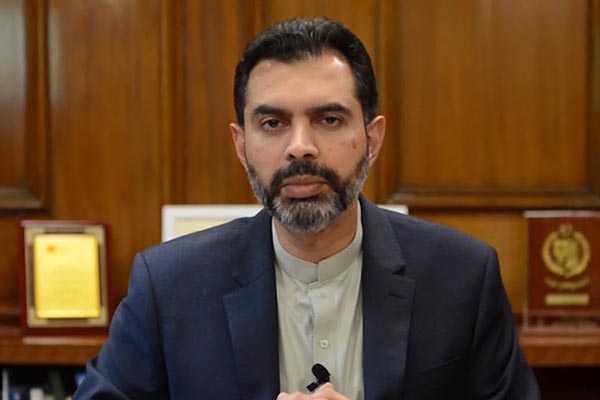
YouTube
Central bank governor says international payment portals are ‘very welcome’ in Pakistan
The State Bank of Pakistan (SBP) is “studying” the possibility of launching a digital currency to boost financial inclusion and reduce money-laundering, Governor Reza Baqir said on Friday.
“We are studying that very carefully. We think that some countries like China are already showing the way,” he told CNN in an interview. Noting that a central bank-issued digital coin would have two benefits, he said it would boost financial inclusion and also aid the country’s counter-terror financing efforts. “So we are at a stage where we are studying it,” he added.
Baqir said the central bank hoped to announce further developments on digital currency in the coming months. “For now we have allowed a framework for digital banks to begin operation in Pakistan,” he said, adding that international payment portals such as Stripe were “very welcome” in the country.
“Pakistan is a great potential market for all such companies as most of the population is tech-savvy and there is a budding youth potential in the technology sector of the economy,” he said. “We are very open and we embrace any global mobile payment operator that wants to come to Pakistan,” he added.
Highlighting the central bank’s efforts to boost digital and mobile banking, he noted that fees on interbank transfers had been waived in the wake of the coronavirus pandemic. “The impact of these is phenomenal as in December 2020 we have a growth of about 150-200 percent, compared to a year ago, on mobile banking transactions,” he said.
Acknowledging that the pandemic was particularly challenging for Pakistan because of a large proportion of its population living below the poverty line, he said the recently launched International Monetary Fund bailout and various linked stabilization policies had further slowed down the economy.
“When COVID came we had to be very quick on our feet,” he said, adding that the bank had needed to be “aggressive, flexible and targeted.” He highlighted how the bank had provided five percent of GDP in support to businesses that required it. “We were flexible in the sense that we have revised our policies in response to feedback that we got from the business community,” he added.
“Currently I estimate roughly 3 percentage point rise in inflation over the past three months and about half of that is not under control of the monetary policy—i.e. increasing electricity prices and because of the increase in food prices primarily commodities,” he said. “[The] interest rate is not controlled by either of these factors. The central bank has credibility to look through temporary increase in inflation that we are trying to do with clear communication and keeping a close eye on inflation expectations,” he added.
